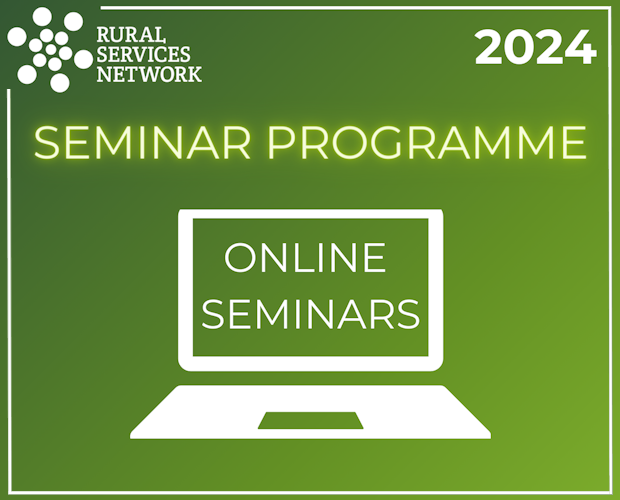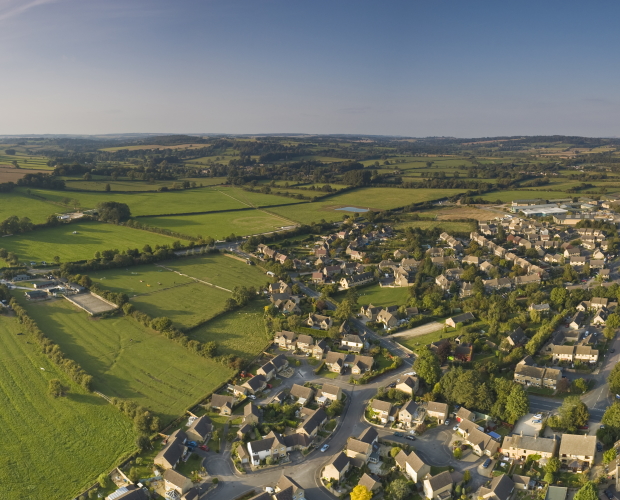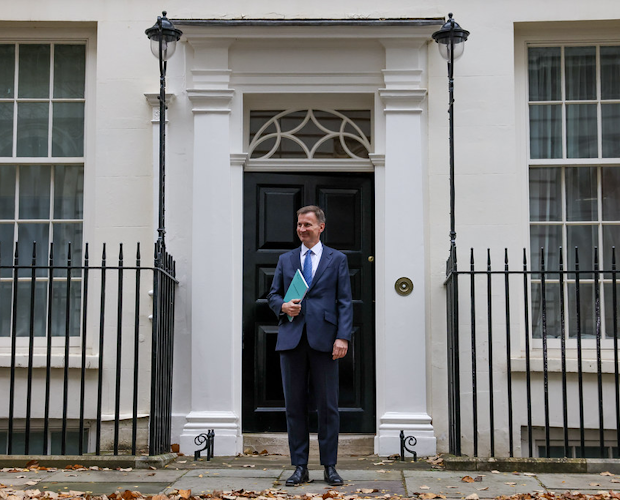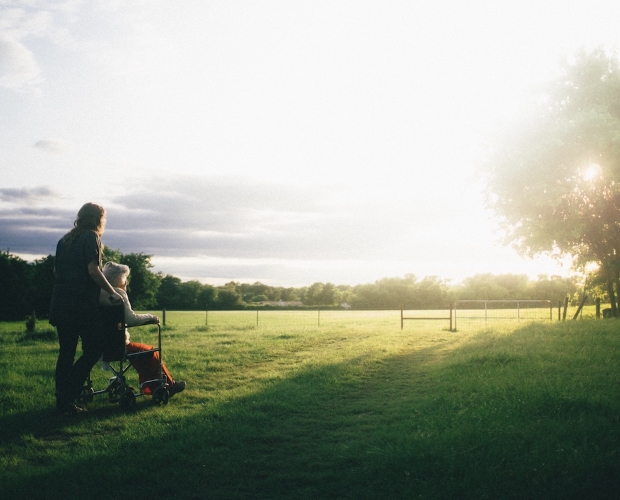
Provisional settlement still unfair for rural
The Provisional Local Government Finance Settlement was released on 18th December setting out the funding for Councils for the financial year 2024 to 2025
Amid reduced public spending, fair resource allocation across regions is crucial. Despite a population larger than Greater London, rural areas receive significantly less funding for essential services, even though delivering these services in rural locales is costlier.

The Provisional Local Government Finance Settlement was released on 18th December setting out the funding for Councils for the financial year 2024 to 2025

It’s time to get organised for 2024 and make some time in your diary to attend one of our rural focused seminars

Rural MPs had a clear message for the government during their Westminster Hall debate last week on the funding of rural councils; act now or councils will go bust and

The challenges facing rural areas have been repeatedly debated in Parliament this week. Alongside Chris Loder MP’s debate on funding for rural councils

It’s been nearly a week since the Chancellor delivered his Autumn Statement and RSN Chief Executive Kerry Booth and her team have been digesting what it means for rural communities

The Rural Services Network Chief Executive, Kerry Booth, considers Professor Whitty’s new report which urges the government to address failings for older people in rural communities.

As the Prime Minster marked one year in office last week, he publicly acknowledged that rural communities deserve fairness in the way they are funded

Transport and the potential economic fall out from decisions relating to HS2 have dominated recent headlines during the party conference period in a way that you wouldn’t have anticipated. Does

Following calls from the RSN for more investment in Rural Market Towns (see Bulletin 2.10.2023) after the government unveiled its Long-tern Plan for Towns, the Industrial Communities Alliance has added

“It’s simple – we need fairer funding so that rural areas are not left behind in discussions about transport.”
Amid reduced public spending, fair resource allocation across regions is crucial. Despite a population larger than Greater London, rural areas receive significantly less funding for essential services, even though delivering these services in rural locales is costlier.

The Provisional Local Government Finance Settlement was released on 18th December setting out the funding for Councils for the financial year 2024 to 2025

It’s time to get organised for 2024 and make some time in your diary to attend one of our rural focused seminars

Rural MPs had a clear message for the government during their Westminster Hall debate last week on the funding of rural councils; act now or councils will go bust and lives will be lost. The Rural Services Network provided briefing notes to MPs to ensure that they fully understand the picture of rural unfair funding and several of the MPs used our information to quote in the debate.

The challenges facing rural areas have been repeatedly debated in Parliament this week. Alongside Chris Loder MP’s debate on funding for rural councils

It’s been nearly a week since the Chancellor delivered his Autumn Statement and RSN Chief Executive Kerry Booth and her team have been digesting what it means for rural communities and the organisations that serve them

The Rural Services Network Chief Executive, Kerry Booth, considers Professor Whitty’s new report which urges the government to address failings for older people in rural communities.

As the Prime Minster marked one year in office last week, he publicly acknowledged that rural communities deserve fairness in the way they are funded

Transport and the potential economic fall out from decisions relating to HS2 have dominated recent headlines during the party conference period in a way that you wouldn’t have anticipated. Does

Following calls from the RSN for more investment in Rural Market Towns (see Bulletin 2.10.2023) after the government unveiled its Long-tern Plan for Towns, the Industrial Communities Alliance has added its voice to the conversation.

“It’s simple – we need fairer funding so that rural areas are not left behind in discussions about transport.”